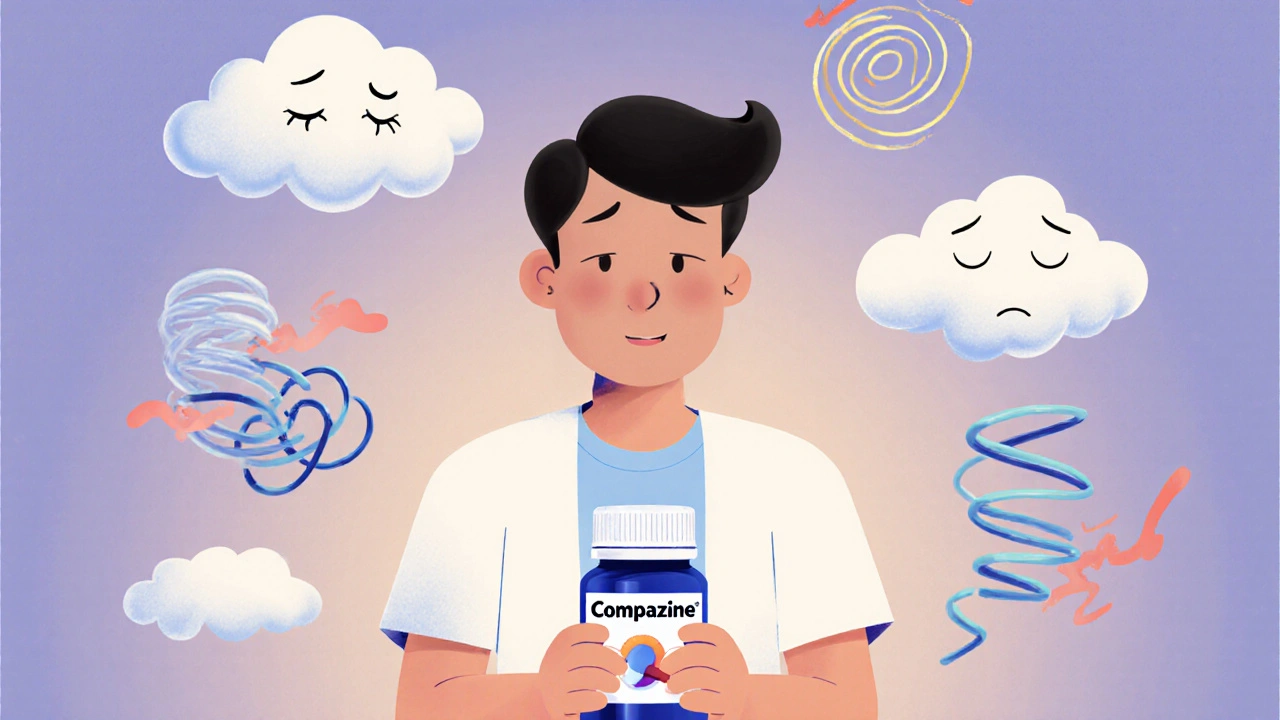Vomiting Treatment: What Works, What Doesn’t, and When to Seek Help
When you’re vomiting, time doesn’t slow down—it speeds up. Your body is fighting something, and you just want it to stop. vomiting treatment, the set of actions and medications used to stop nausea and prevent fluid loss. Also known as nausea management, it’s not just about swallowing a pill. It’s about understanding why your body is rejecting everything, and what you can do safely to recover. Vomiting isn’t a disease. It’s a symptom. It can come from food poisoning, a stomach bug, pregnancy, migraines, motion sickness, or even side effects from medications like chemotherapy or antibiotics. The goal of any vomiting treatment isn’t to suppress the symptom blindly—it’s to support your body while it clears the trigger.
One of the biggest mistakes people make is reaching for antiemetics too soon. antiemetics, medications designed to prevent or reduce vomiting and nausea like ondansetron or metoclopramide can help, but they won’t fix the root problem. If you’re vomiting because of a virus, your body needs to expel the bad stuff. Stopping that too early can delay recovery. What you need more than drugs right away is hydration. Sipping small amounts of water, oral rehydration solutions, or even ice chips can prevent dehydration from vomiting, a dangerous loss of fluids and electrolytes caused by frequent vomiting. Dehydration is what lands people in the ER, not the vomiting itself. Watch for dry mouth, dizziness, dark urine, or no urination for 8 hours—those are red flags.
Some home fixes actually work. Ginger, whether in tea, capsules, or candied form, has real evidence backing it for nausea relief. Peppermint oil sniffed from a tissue can calm the stomach in some cases. Resting in a cool, quiet room helps too—bright lights and sudden movements can make nausea worse. Avoid dairy, fatty foods, and caffeine until you’re stable. If you’ve been vomiting for more than 24 hours, can’t keep fluids down, have blood in your vomit, or feel confused or severely weak, you’re not just dealing with a stomach bug. You need medical attention. Vomiting linked to head injuries, severe abdominal pain, or high fever isn’t something to wait out.
The posts below cover what really matters when vomiting hits: how to manage it safely at home, what medications help without side effects, when to call a doctor, and how other conditions—like liver issues, migraines, or even certain antibiotics—can trigger it. You’ll find clear, no-fluff advice from real cases, not theory. Whether you’re caring for a sick child, managing morning sickness, or recovering from a bad reaction to medicine, this collection gives you the facts you need to act, not panic.

